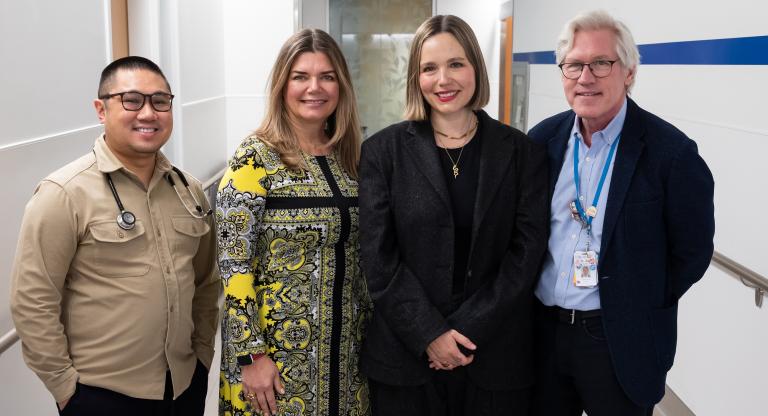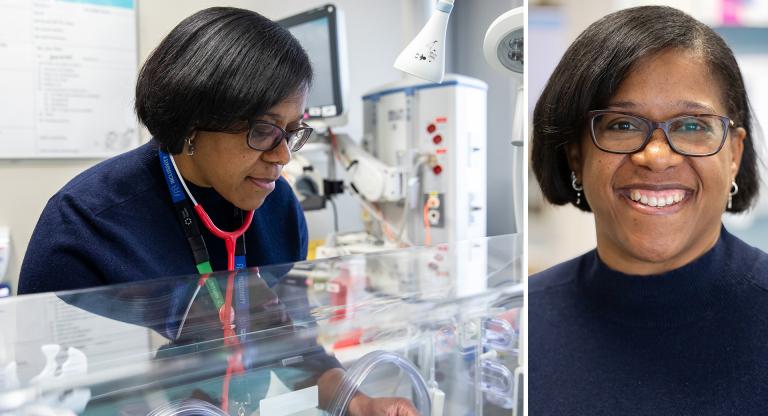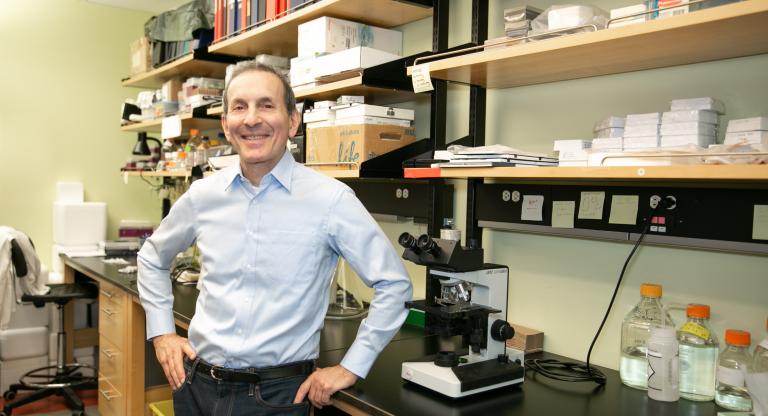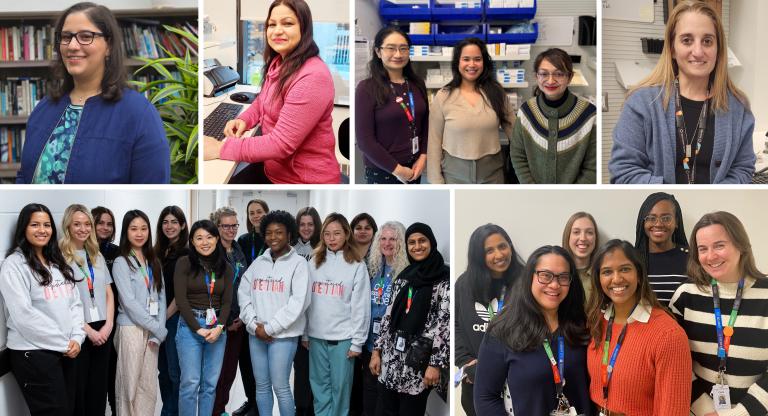The Fetal Early Anatomy Clinic provides holistic care for high-risk fetuses
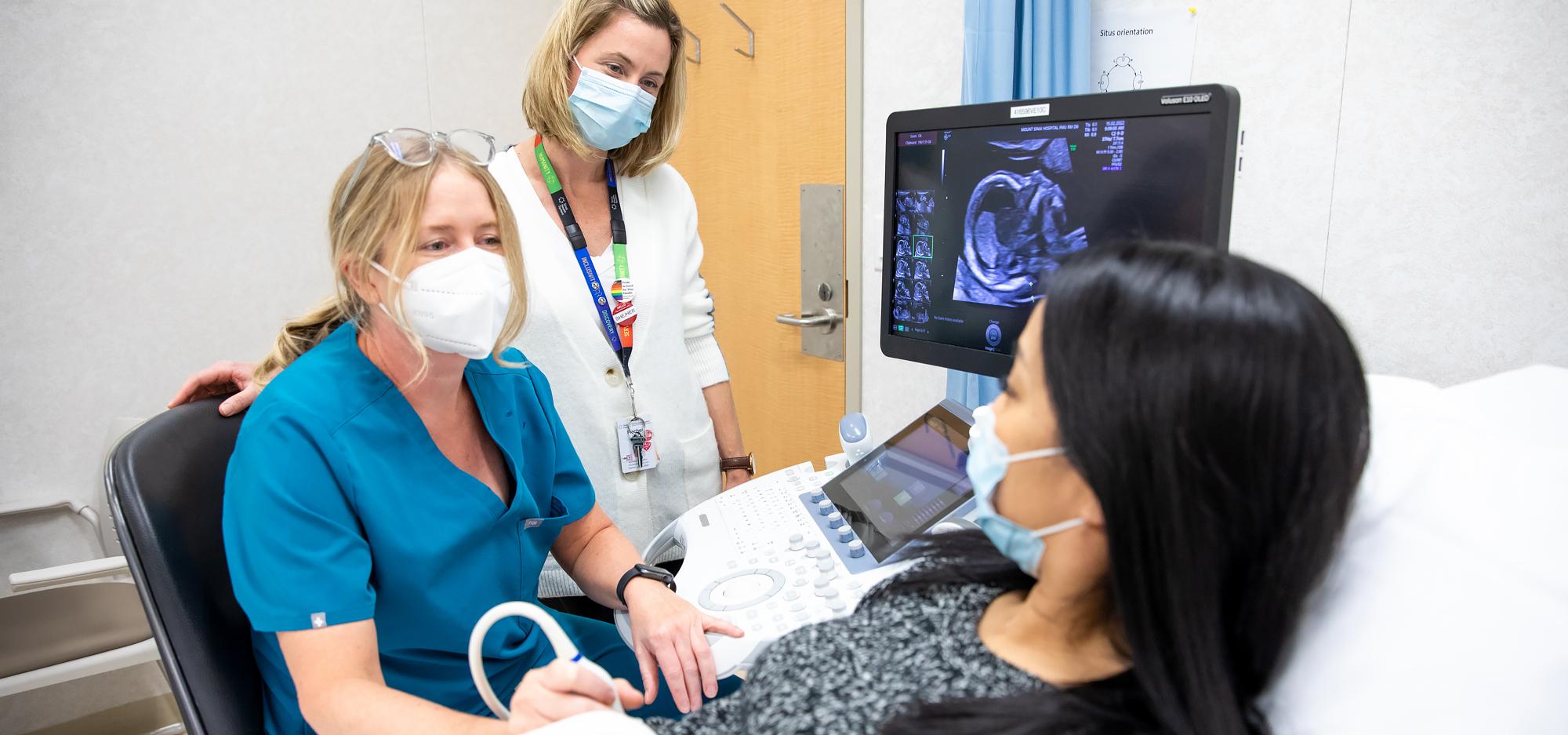
Today, we know more about the fetus during the first trimester of pregnancy than we did over a decade ago.
Thanks to advancements in ultrasound technology and extensive experience in scanning first trimester pregnancies, the Ontario Fetal Centre provides a thorough fetal diagnostic assessment as early as 11 weeks gestation, to help ease the minds of expectant parents.
Established in 2018, the Fetal Early Anatomy Clinic provides detailed evaluation, counselling and treatment for problems in the developing baby during the first trimester of pregnancy. Patients visit the clinic because they had a previous complicated pregnancy and want reassurance and comprehensive care, or because an anomaly is suspected at a community centre and require further diagnostic work-up, and counselling and treatment.
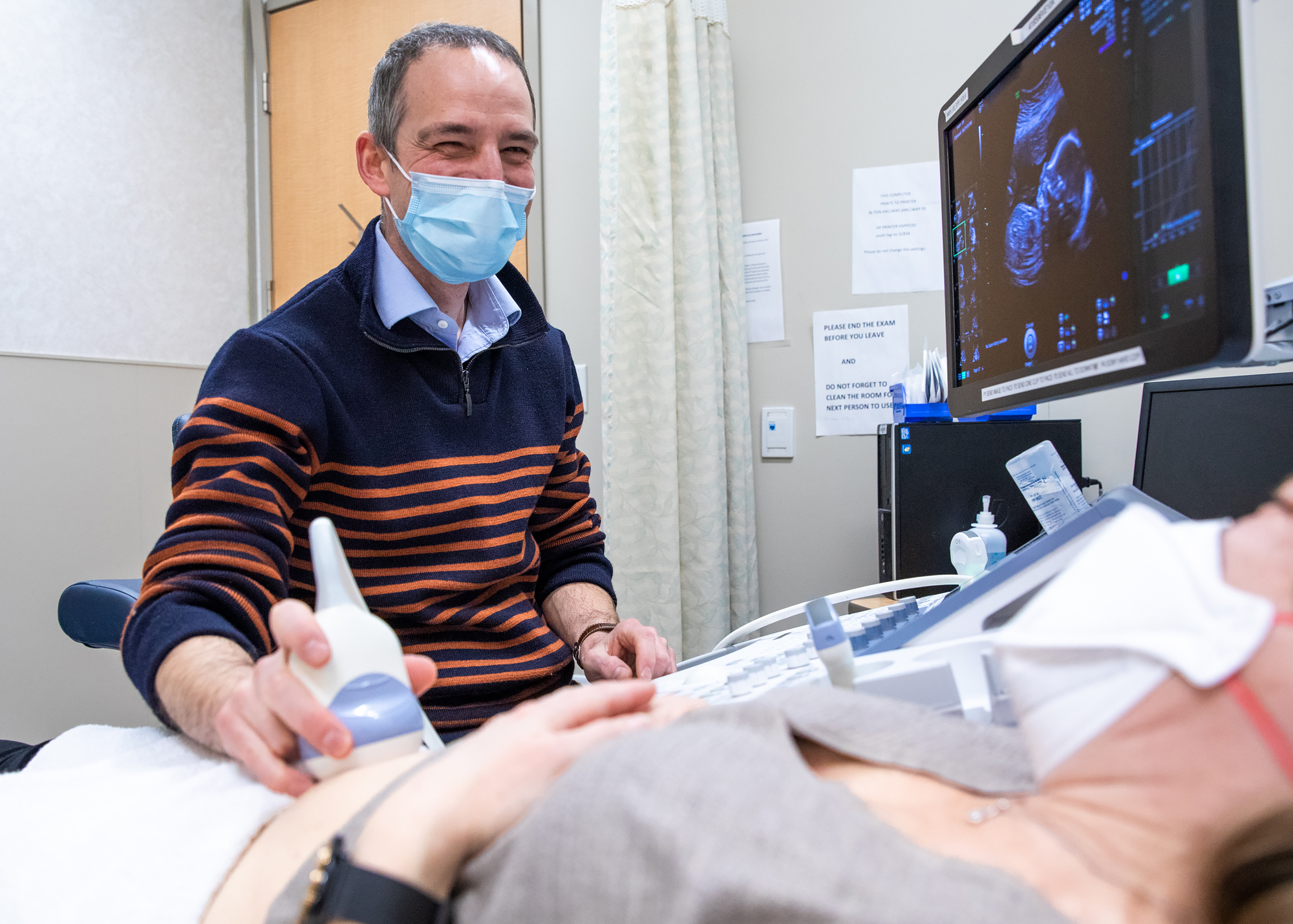
Specializing in early detection of abnormal fetal development, the clinic offers a patient-centered care model, where a detailed fetal anatomy ultrasound, a fetal heart ultrasound, multidisciplinary counselling and further genetic testing all happen in a single day.
“Globally, early anatomy ultrasound is available in many countries, but such a comprehensive multidisciplinary clinic for high-risk pregnancies is rather unique,” says Dr. Tim Van Mieghem, maternal–fetal medicine specialist at Mount Sinai Hospital. This allows the team to detect fetal anomalies much earlier than the typical mid-trimester anatomy ultrasound at 20 weeks gestation or – when the assessment yields normal findings – reassures patients about their pregnancy much sooner.
Uncertainty, worry and anxiety are just some of the feelings associated with parents experiencing a high-risk pregnancy, notes Rachel Silver, prenatal genetic counsellor at Mount Sinai. “They have so many questions, and are in an emotionally fragile state. Each member of our team brings a unique expertise to the table and contributes to the patient’s care in their own way,” she says. In Rachel’s role, she helps families understand the circumstances in their pregnancy, navigate important decisions with very short timelines. “It is an honour to support families through such an emotionally turbulent and vulnerable time.”
When there has been a previous loss of a child with a significant cardiac defect, many people can be apprehensive about their current pregnancies, notes Dr. Varsha Thakur, one of the fetal cardiologists in the clinic. “Coming to a high-risk clinic can bring back a lot of painful memories,” she says. “One of our objectives is to help families manage these challenges.”
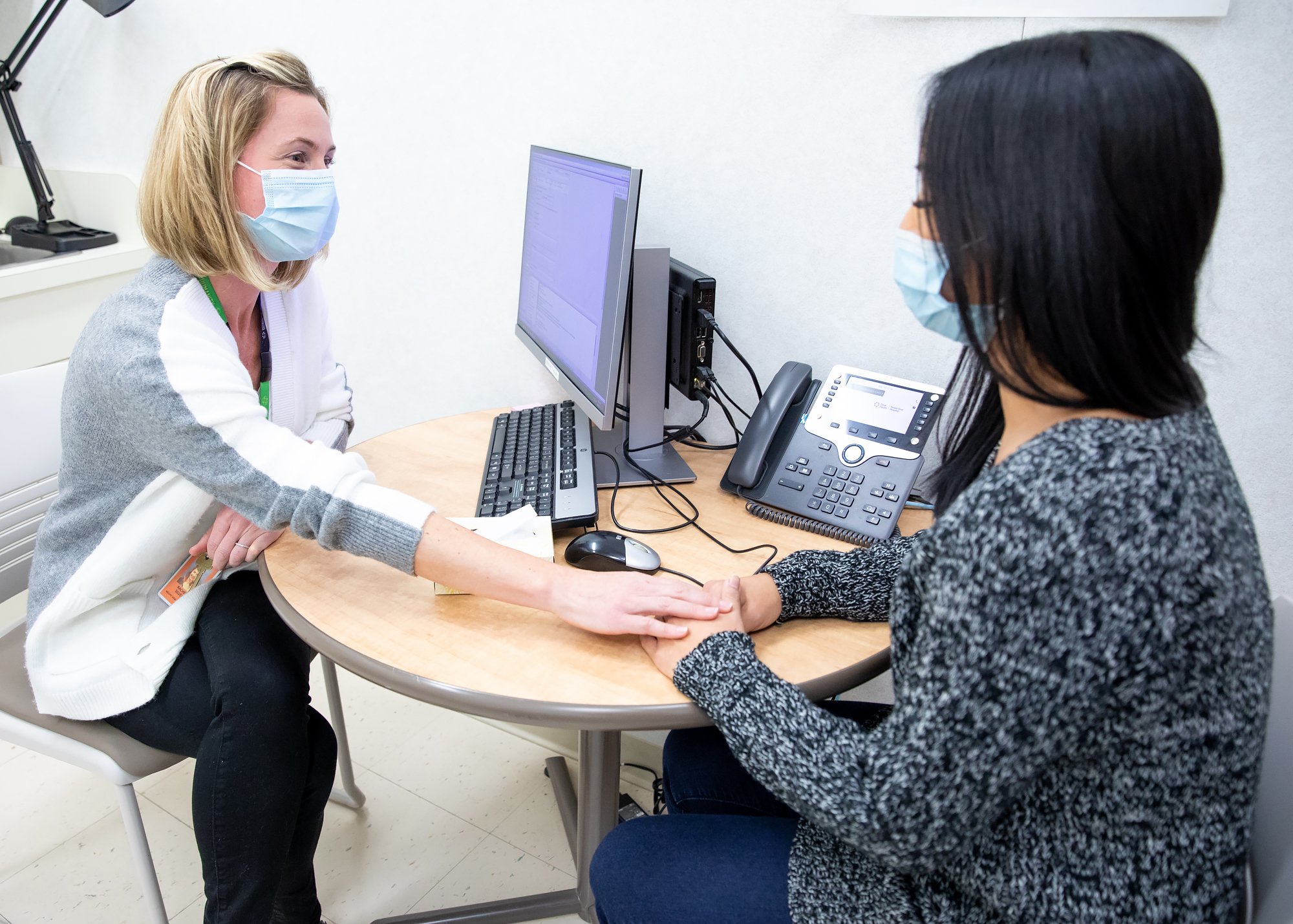
Research and education are also important components of the clinic. The team is currently researching the value of artificial intelligence in interpreting ultrasound images in the first trimester and serves as an educational platform for trainees in maternal-fetal medicine and fetal cardiology.
The Ontario Fetal Centre was established in 2018 as a partnership between Mount Sinai Hospital and The Hospital for Sick Children.









